‘Death and Dignity’ - The 7th Peking University Qingming Forum in Beijing
On 29 March, the 7th Peking University Qingming Forum was held at the Yingjie Conference Centre. The theme of this year's forum is ‘Death and Dignity’, aiming to achieve peace in life and death through the advocacy and promotion of dignity awareness, as well as integrating the awareness of dignity in death into the process of medical treatment and funeral, organ donation and transplantation. The forum is hosted by the School of Health Humanities of Peking University, co-organised by the Fu Shou Yuan International Group Limited and China Organ Donation Administrative Center, and supported by the Expert Committee of the China Funeral Association, the Shanghai Fu Shou Yuan Public Welfare Development Foundation, and the Li Ji Academy.
Han Qide, Vice Chairman of the 12th CPPCC National Committee and Academician of the Chinese Academy of Sciences, Zhou Hanmin, Standing Committee Member of the 14th CPPCC National Committee and former Vice Chairman of the Central Committee of the DAB, Wang Bin, Member of the CPC Central Committee of the Red Cross Society of China and Vice President of the Red Cross Society of China, Zhou Jingbo, Vice President of China Funeral Association, Guo Liping, Dean of the School of Health Humanities of Peking University, Wang Jisheng, National Model Worker and President of the Fu Shou Yuan International Group Limited, and other leaders and guests, as well as representatives of the hosts and co-organisers of the Forum, attended the Forum. Experts and scholars including Chinese Hong Kong film director Chen Maoxian, Professor Xu Aiguo of Peking University Law School, Professor Zhang Xinqing of Peking Union Medical College, Bo Shining, Chief Physician of Peking University Third Hospital, Gu Dian, Founder of New Elite Career, and Contemporary writer Chen Nianxi delivered speeches from the perspectives of philosophy, jurisprudence, medical science, sociology, ethics, and life sciences, etc., discussing how to embody and safeguard the dignity of death of modern people, and how to discover the glory of death at the end of lives, and how to reveal the meaning of life in human beings' encounters with death.
Representatives of medical, funeral, education, public welfare and other practitioners also spoke at the forum. Nearly 300 attendees, including professionals, students, and members of the public who registered online, were present at the main venue, and about 200,000 viewers watched the live broadcast of the forum and related videos online.
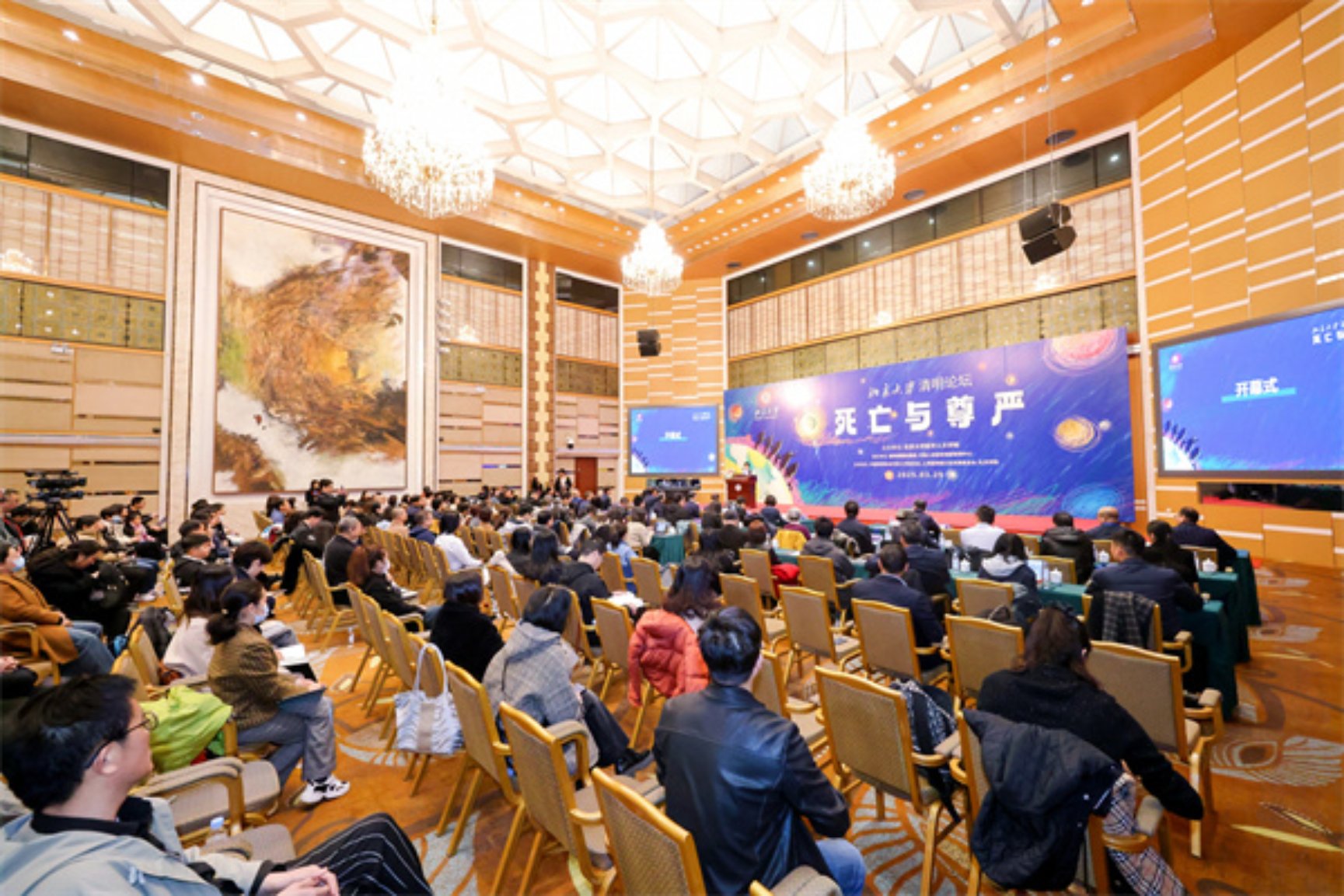
Han Qide, Vice Chairman of the 12th CPPCC National Committee and Academician of the Chinese Academy of Sciences, delivered the opening speech, stating that the Peking University Qingming Forum, which began in 2018, has gained increasingly widespread recognition and has produced a greater positive social impact, and that the forum has become more in-depth in the discussion of death. The theme of this year's forum is ‘Death and Dignity’. Death is a farewell to life, and is dignified because of its autonomy and inviolability. In order to maintain the dignity, we must respect each person's choice of how to end his or her life; we must endeavour to build a legal and ethical system and effective measures to guarantee a dignified death; and we must promote a cultural and social atmosphere in which a dignified death can take place.
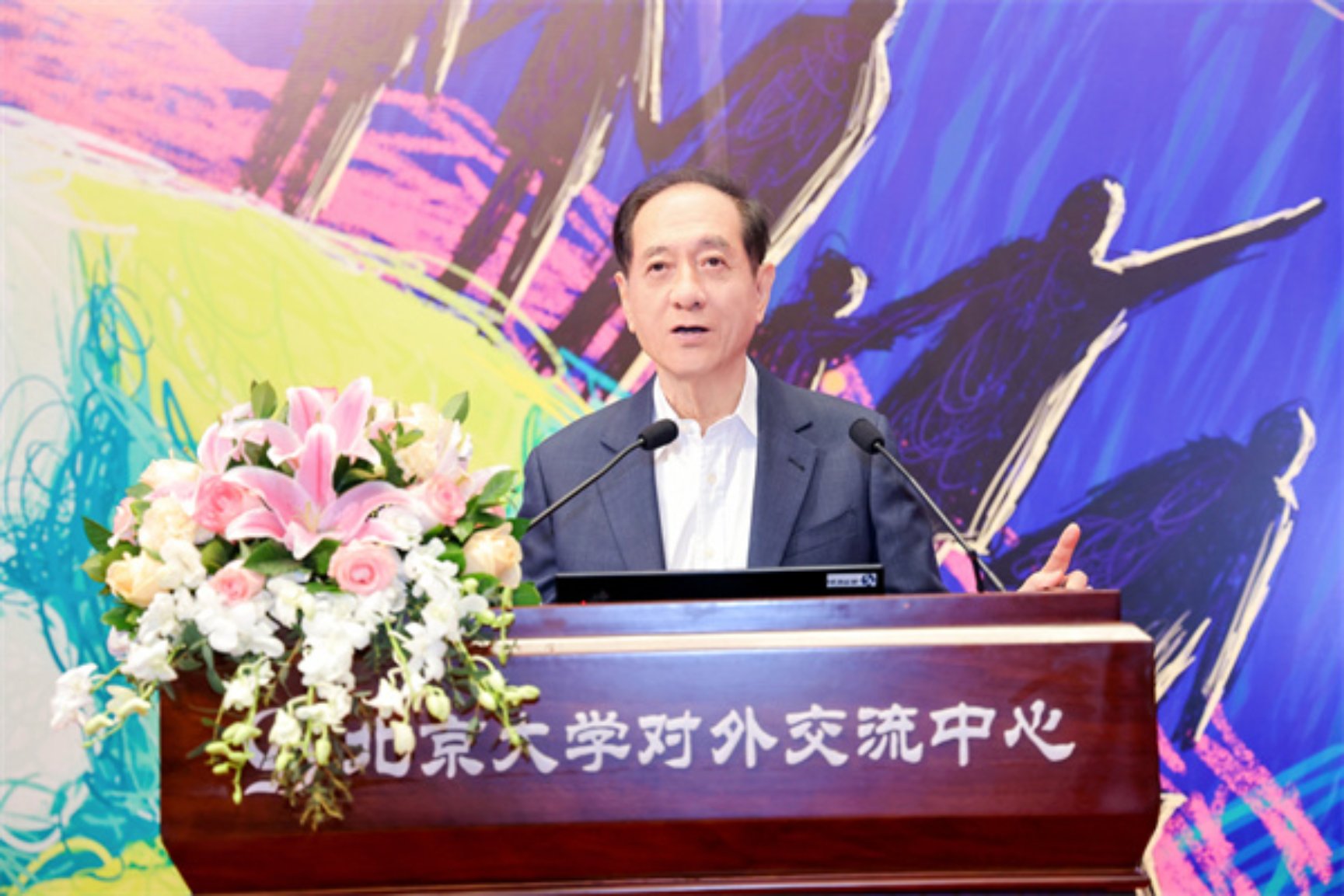
Guo Liping, Dean of the School of Health Humanities of Peking University, delivered a welcome speech on behalf of the School. She said that Qingming is a traditional festival of the Chinese nation, carrying the cultural connotation of prudence in death, tracing the past and remembering the ancestors, which reminds us that life is limited but the spirit lasts forever, and that death is the end of life, but also a new starting point. In the past few sessions of the Qingming Forum, we have conducted in-depth discussions, achieved fruitful results, and also provided society with valuable perspectives for reflection, guiding people to face death more rationally and peacefully.
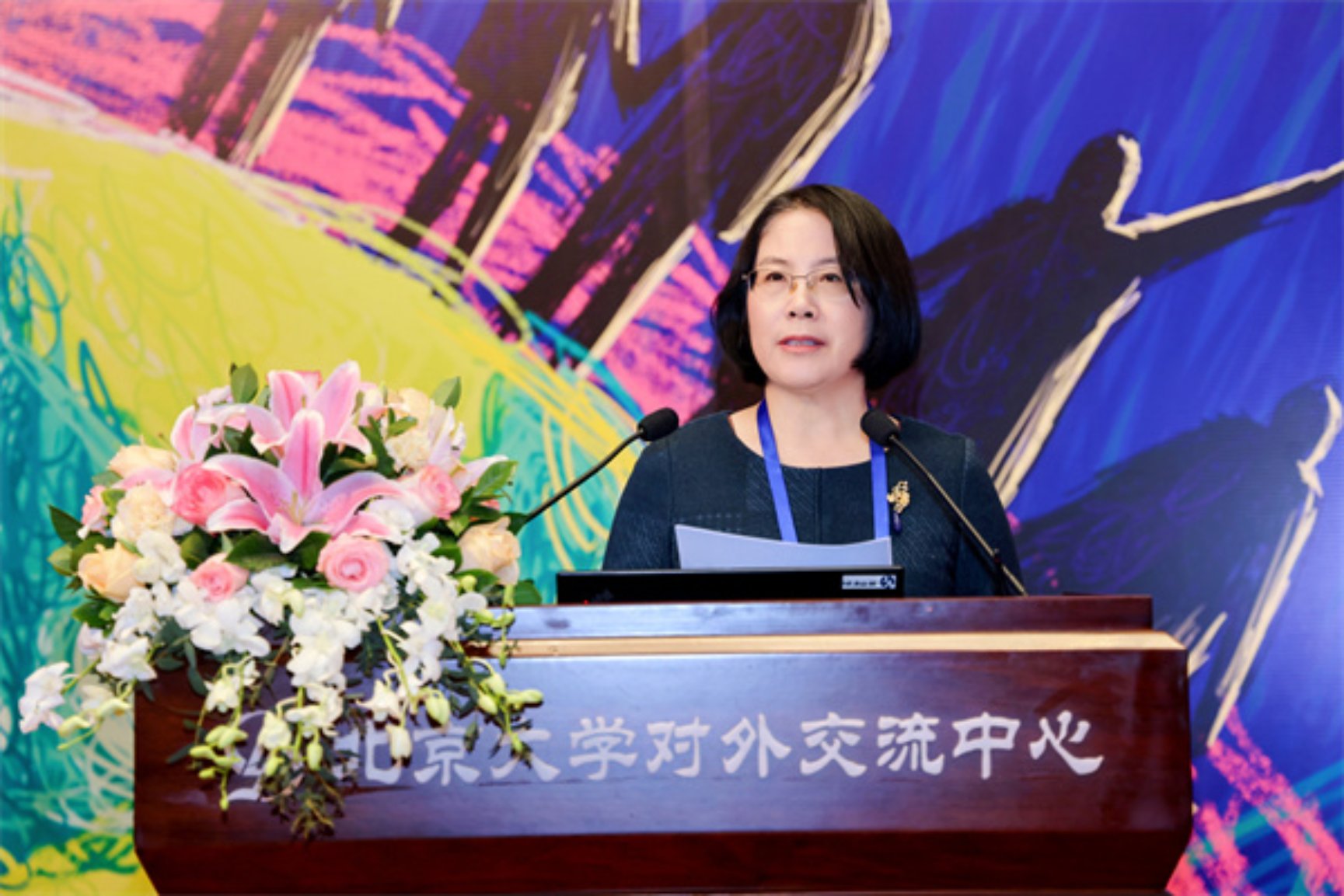
Voice of the Times - Dignity of Life
In the main forum, Zhou Hanmin, Standing Committee Member of the 14th CPPCC National Committee and former Vice Chairman of the Central Committee of the China National Democratic Construction Association, delivered a speech entitled ‘Dignity of Life in the Age of Artificial Intelligence’. He stated that the dignity of life, as one of the core values of human society, has attracted much attention since the birth of human civilisation. Today, we have come to the digital era. In 2024, the scale of China's digital economy has reached 86 trillion RMB, accounting for 42% of China's total economy. On the one hand, the emergence of AI provides us with unprecedented technological means to better maintain and enhance the dignity of life. In the medical field, AI can help doctors diagnose diseases more accurately and provide personalised treatment plans, thus improving the cure rate and quality of life of patients; on the other hand, for those who are entering the end chapter of their lives, the development of AI can likewise provide the means to maintain their dignity.
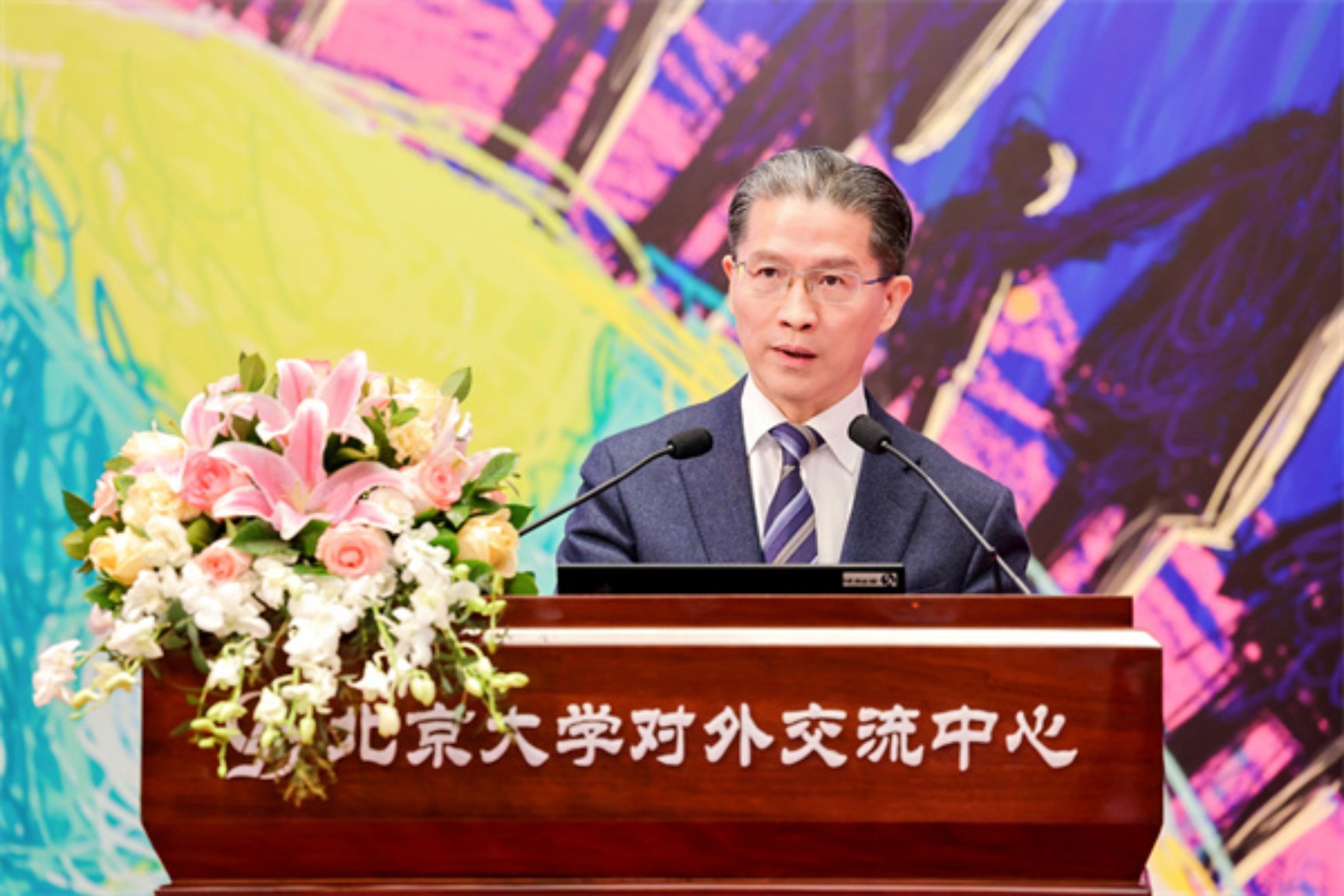
Professor Xu Aiguo of Peking University Law School gave a presentation on the global legal movement for the ‘right to die’, including the historical progression from Roman law to church law, and to the laws of the United Kingdom, the United States, Switzerland, the Netherlands, Canada and other countries. He said that until the 20th and 21st centuries, the policy on euthanasia in Western countries and the World Health Organisation has been controversial. Countries where euthanasia is legally recognised include the Netherlands, Belgium, Colombia, Luxembourg, Canada, Italy, Switzerland and Australia, with some still under discussion.
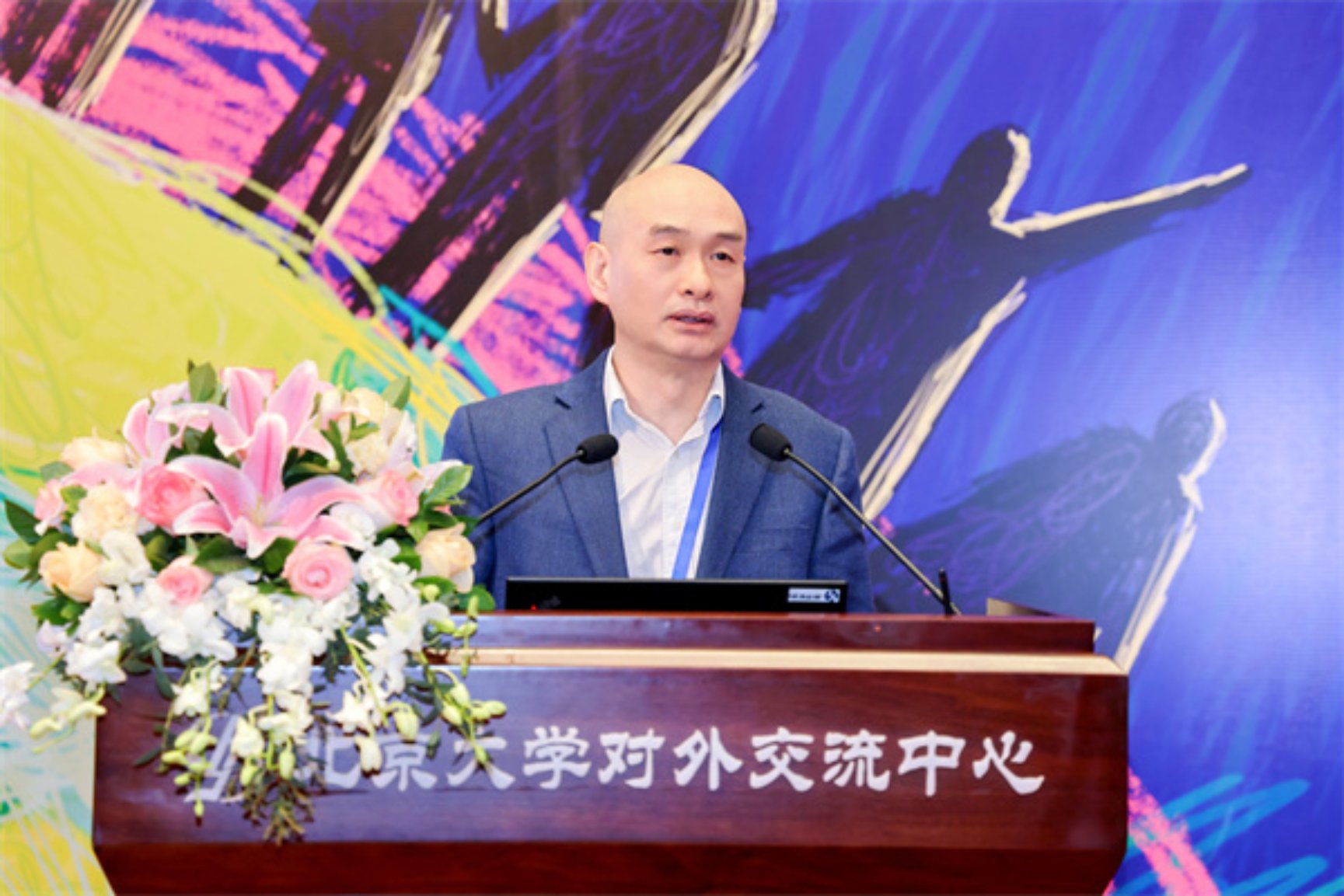
Professor Zhang Xinqing of Peking Union Medical College delivered a speech entitled ‘Dying with Dignity, Rooted in the Dignity of Life’. He proposed that ‘death with dignity’ means respecting the wishes of terminal patients and passing away naturally and with dignity without deliberately adopting invasive treatments that prolong the low quality of life. Human dignity does not disappear with physical death; the name, portrait, honour and body of the deceased are protected by law; funeral rites are a sign of respect for the deceased; and remembrance of the deceased is a continuation of human dignity over time.
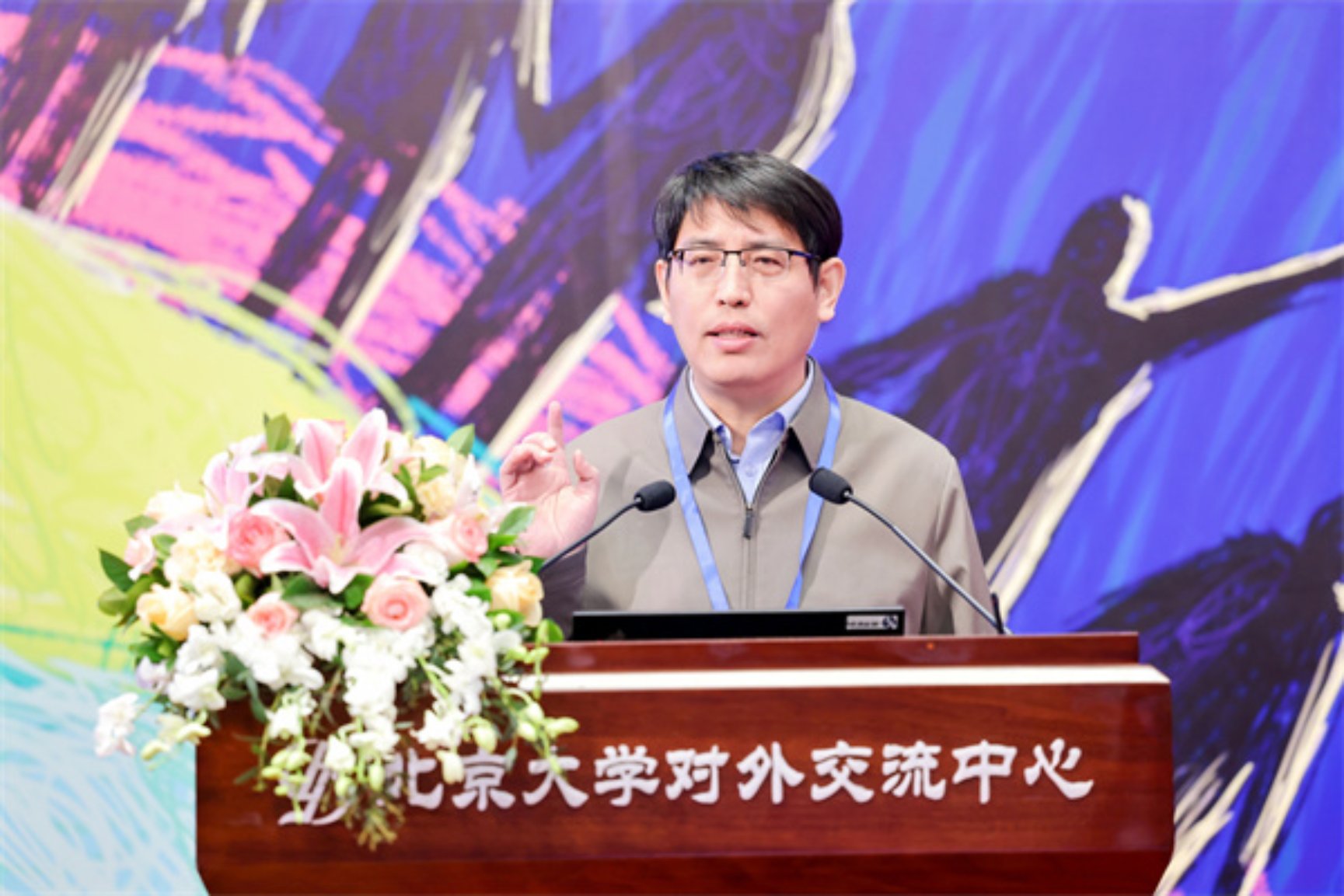
Cheng Mingming, Director of the Department of Social Work, School of Social Sciences, Shanghai University, introduced the first study in China focusing on the quality of end-of-life care for the population, published by the Hospice and Medical Social Work Research Centre of the School of Social Sciences, Shanghai University. Bringing Hospice Back to Life: A Study on the Quality of Hospice Care for Chinese Residents 2024 provides an in-depth exploration of the views of families and the healthcare community on the experience of hospice care and the quality of death for terminally ill patients, and makes it clear that hospice care and quality of death are not only the result of medical technology, but also a result of the joint efforts of society, family and culture.
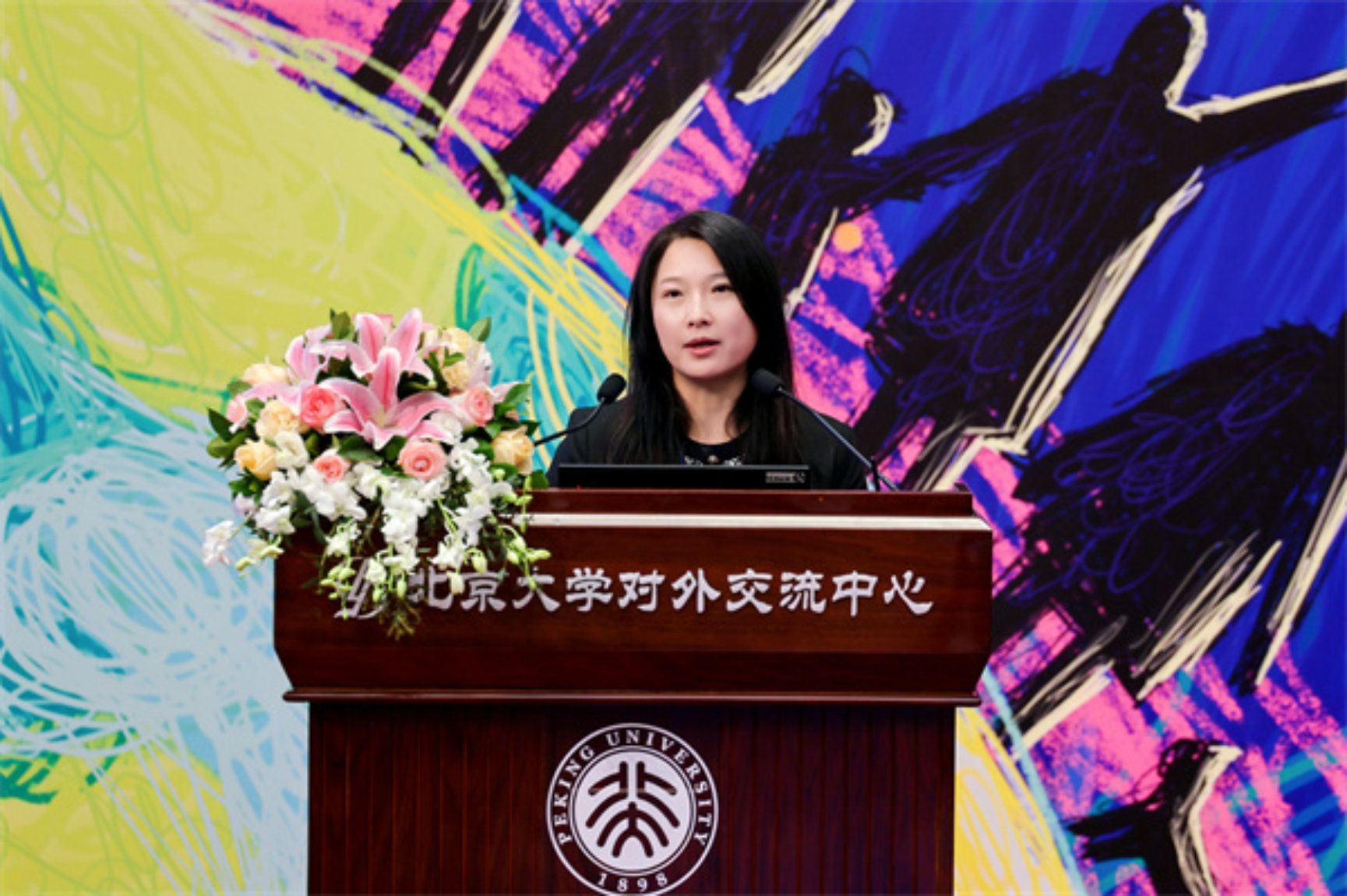
Cultural Perspectives - The Meaning of Life
Chinese Hong Kong film director Chen Maoxian introduced the creation of the film The Last Dance, saying that the screenplay was written at the lowest point of his life, when his beloved grandmother passed away on the first day of filming of Ready or Rot. Therefore, he tried to use life and death to explore the theme of ‘the meaning of life’, to create a film about the funeral industry in Hong Kong, hoping to heal the wounds in his heart and find a way out for himself through his creation. Director Chen also told the audience that the film The Last Dance we see is the 49th version, which was also the version used in the Hong Kong Asian Film Festival after persuasion by the actors Jin Yanling and Huang Zihua. After the sharing session ended that night, a girl came over and said that she was on the verge of breaking down, but this film pulled her back and gave her the courage to continue living here. At that point, he felt that this version was powerful and influential, and he finalised it.
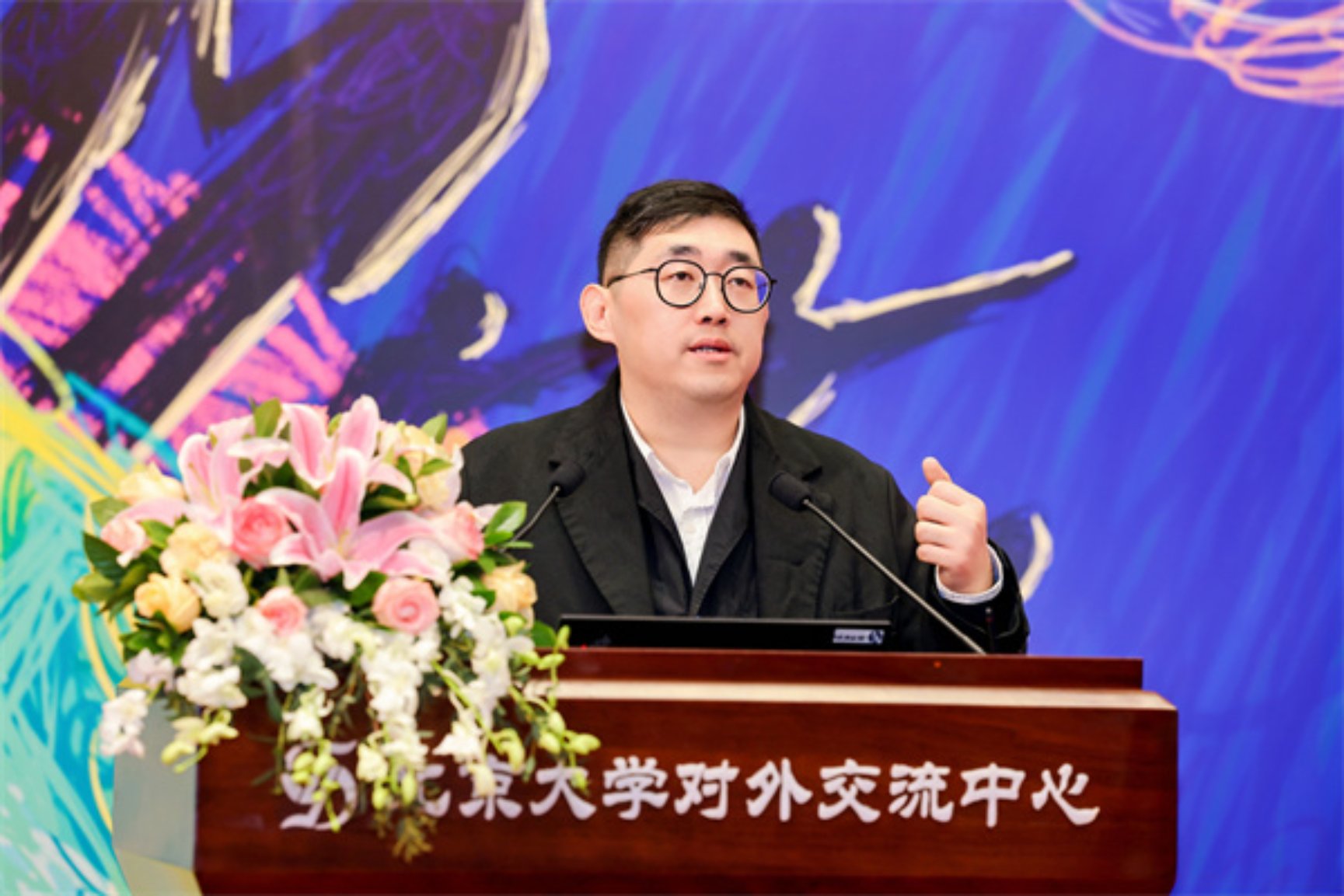
Gu Dian, founder of New Elite Career, delivered a speech entitled ‘Death is about leaving good stories behind’. By sharing his personal experience of saying goodbye to his grandmother, he suggested that life is about leaving behind good stories, with which people can understand what is important and then go back to living well. With the advancement of technology, he believes that what people can and must do in the age of AI is to create meaning, to create their own stories, and stories are the source of all literature, art, philosophy, and technology.
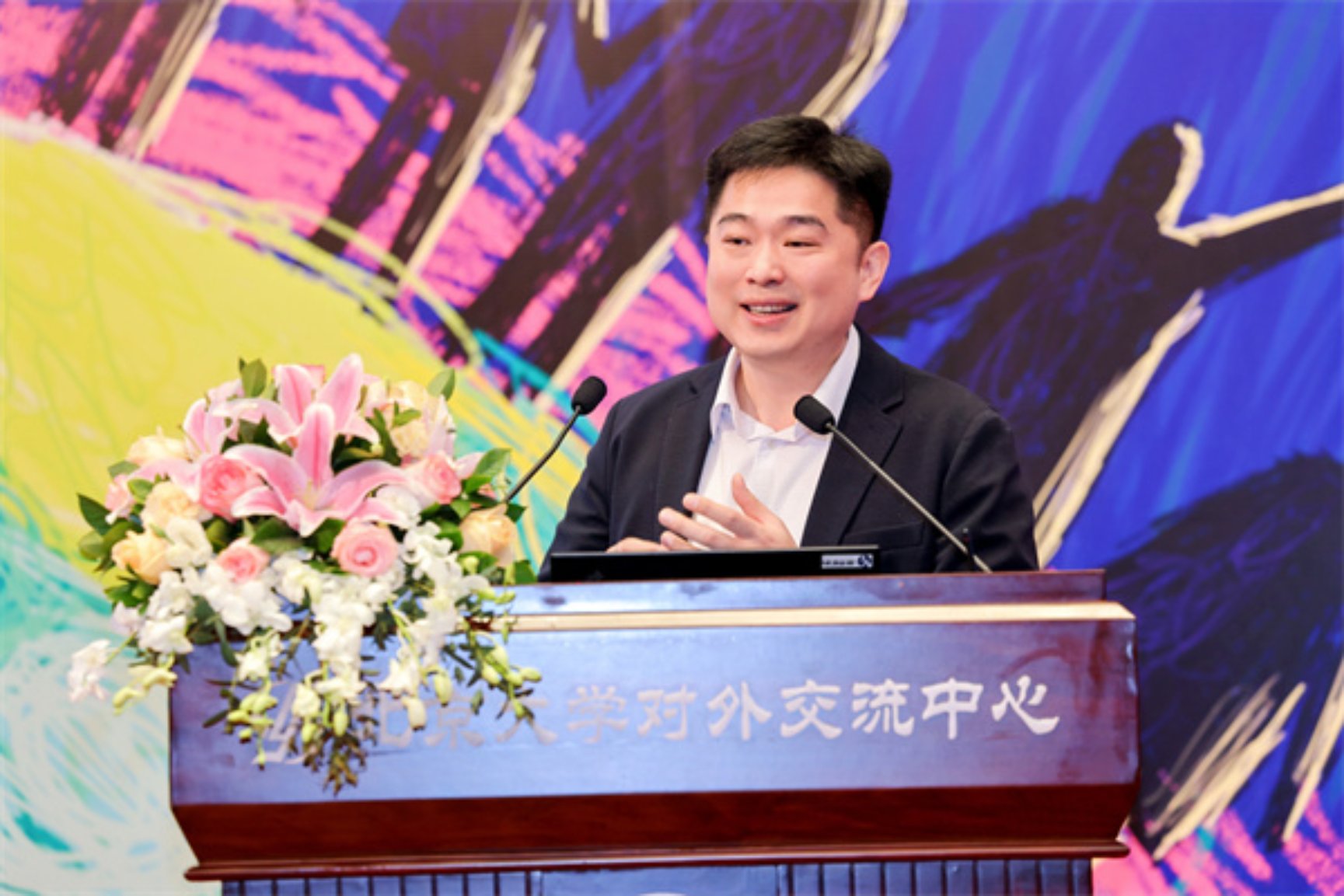
Contemporary writer and poet Chen Nianxi approached the theme of ‘Life and death have weight and dignity’ from the perspective of his former profession. He explained that he had worked as a mine blaster for 16 years and had witnessed and experienced countless lives and deaths during his career. In this regard, he proposed that mine safety management needs to shift from technical prevention to humanistic co-construction. For example, the Fushun Coal Mine Museum has allowed retired miners to serve as lecturers, so that individual life narratives can be integrated into the construction of collective memory, and the attempts to expand the value of labour from the economic dimension to the cultural dimension have provided a new path for the reconstruction of dignity in the industry.
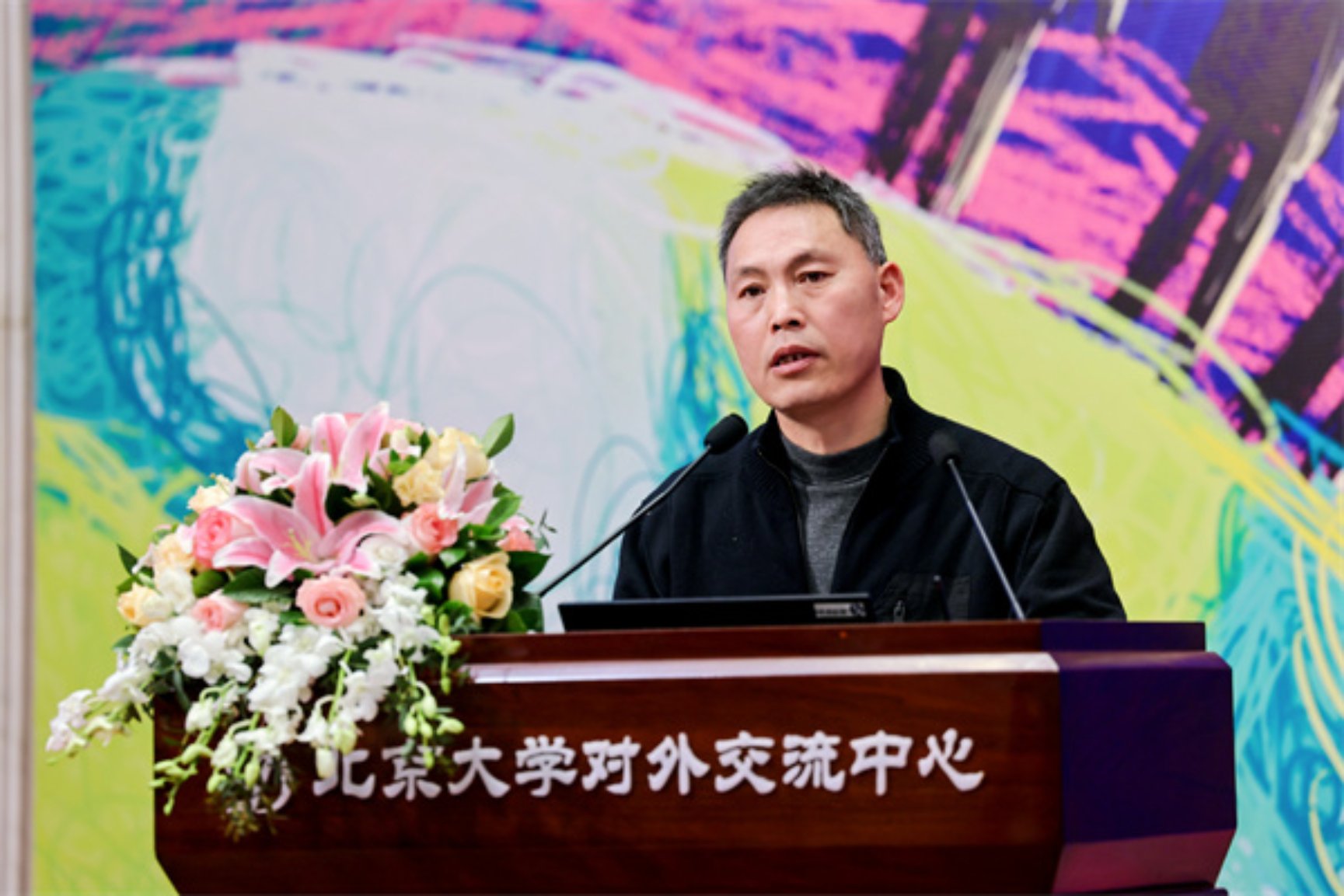
Professional Practice - Guardianship of Life
Bo Shining, Chief Physician of the Department of Critical Care Medicine of Peking University Third Hospital, expressed an ICU doctor's thoughts on the dignity of life with the title ‘Dignity is the time and freedom to choose’. He once wrote a book about life care, I won't let go when lives hang in the balance - ICU life and death book, which tells the true stories of life and death hovering in the front line of ICU that he has experienced for more than 20 years. He said, ‘Cherishing in health, grasping in illness, relieving in parting, remembering after parting, and passing on this care from generation to generation is the highest courtesy of human beings to life’.
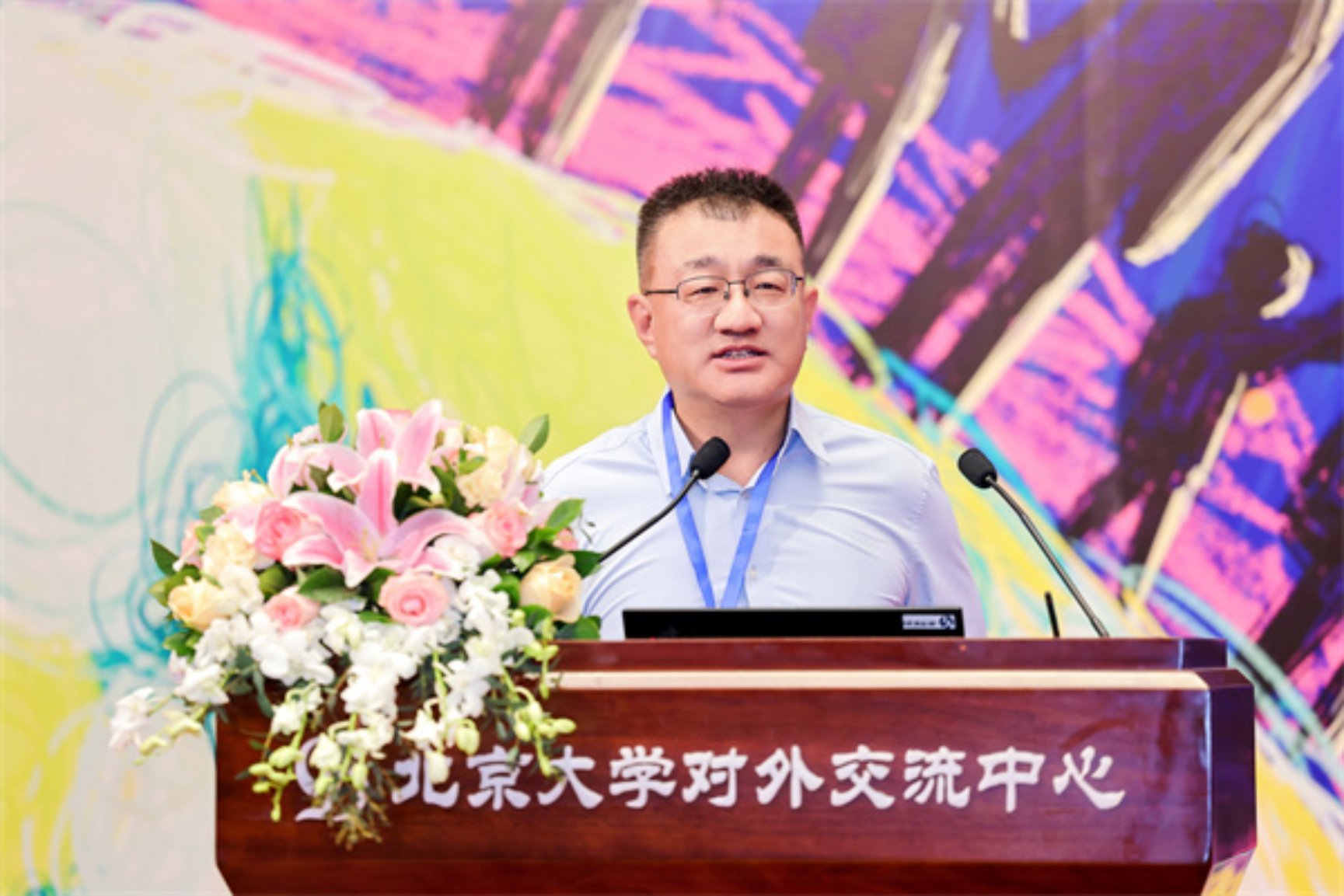
Sun Zhihong, winner of the first prize in the National Civil Affairs Industry Vocational Skills Competition and a life service etiquette teacher at Fu Shou Yuan, shared some of the farewell stories she has experienced over the past eighteen years of her career. She has put on medals for deceased war veterans, put on sweet make-up for deceased young girls, helped families arrange coffins, set up scenes to bid farewell with cherry blossoms, and ‘resurrected’ the dead with AI technology......She stated that the funeral is an important part of the people's livelihood protection, with the basic public welfare attributes. And the more important meaning of all funeral practitioners work is on the spiritual dimension, guarding the dignity of life, giving comfort to the family.
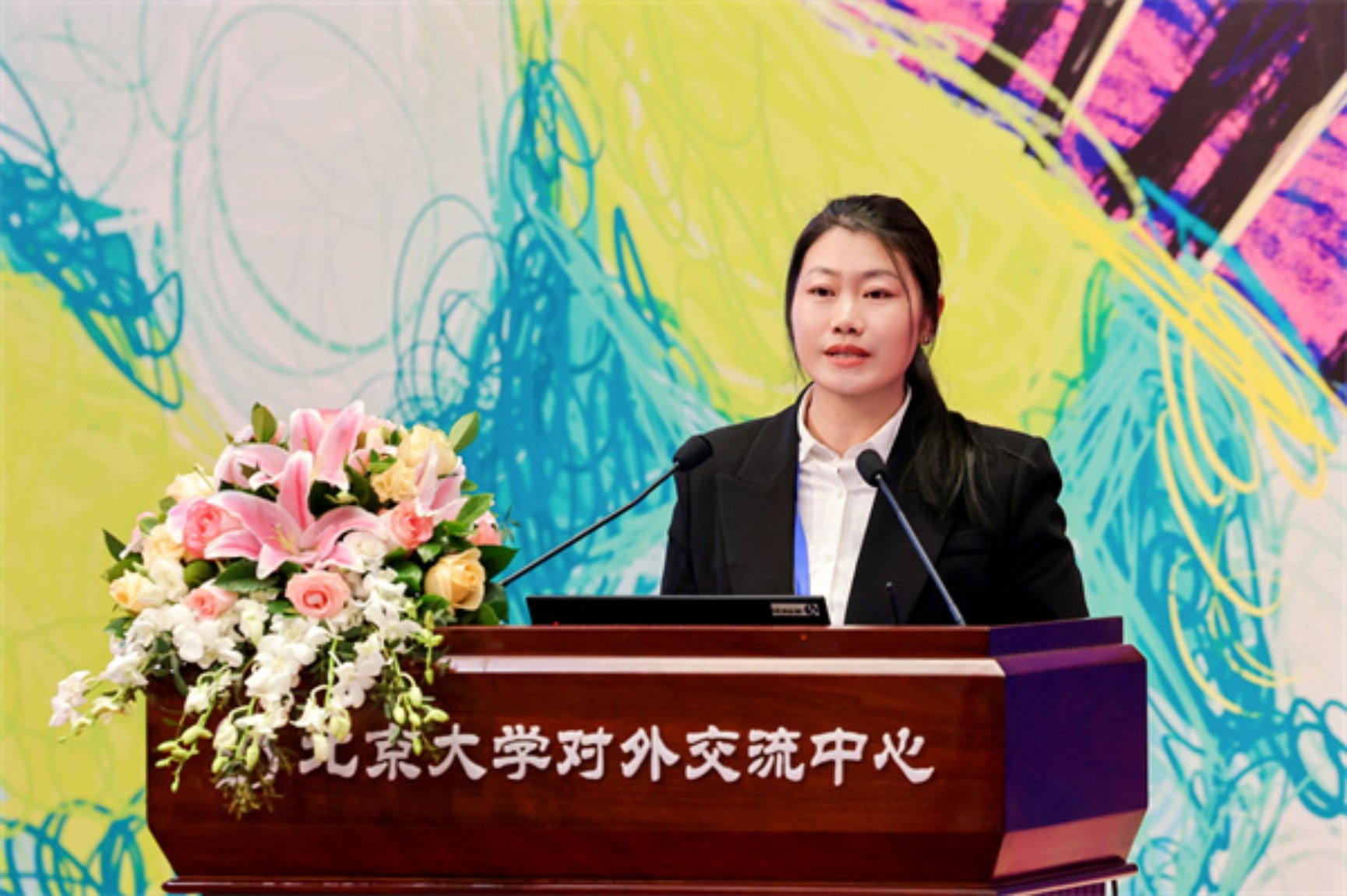
Lu Xiaoyong, the mother of 16-year-old donor Lu Qile, the winner of the National Prize for Blood Donation, gave a speech titled ‘Embracing Death with Love - Continuing Eternity with the Gift of Life’. During the National Day Holiday in 2024, a car accident took away Lu Qile’s life, but he donated his heart, lungs, kidney, liver and corneas to give five critically ill patients a new life and two blind people a new sight. In order to continue the spirit of her son, Lu Xiaoyong initiated the ‘Qilefeiyang Public Welfare Fund’, which is dedicated to promoting the knowledge of donation of hematopoietic stem cell , organ and body, and gratuitous blood donation, and passing on love and warmth to the next generation.
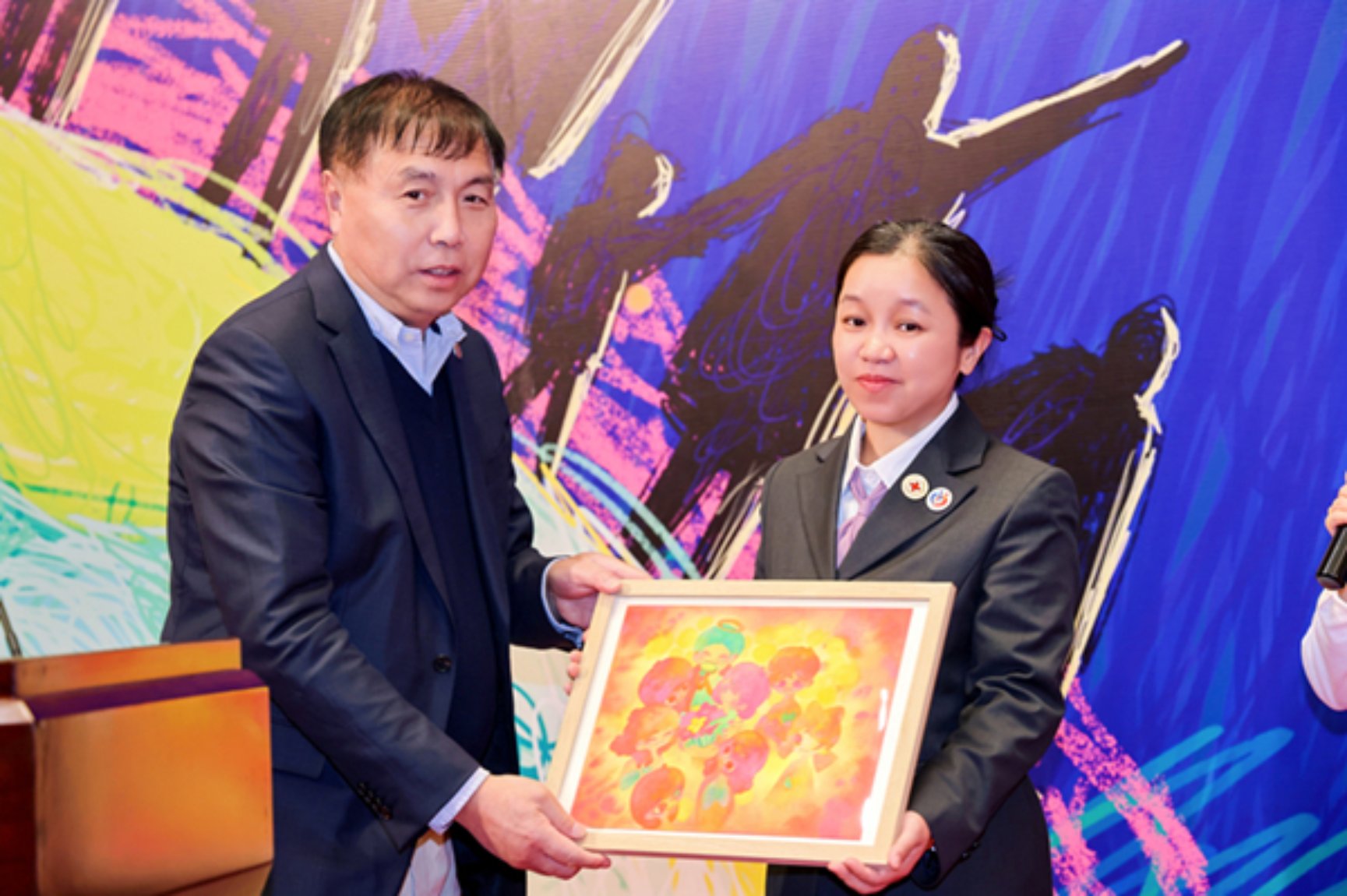
Tang Bei’er a member of the Light of Life project at Peking University's School of Health Humanities, gave a speech entitled ‘The Search for Dignity in the Shimmering Light of Life: Voices from the Frontline of Hospice Care’. Based on the aging trend of Chinese society, the local development of hospice care, and the in-depth cooperation between School of Health Humanities and hospitals, the Light of Life project team has carried out research on core competencies and ethical dilemmas. In order to better solve the communication problems in hospice care, the team designed the Rainbow Card for Life based on the integration of the Rainbow Card and the Peace of Mind Kit for Life Education, which was interactively displayed at the conference.
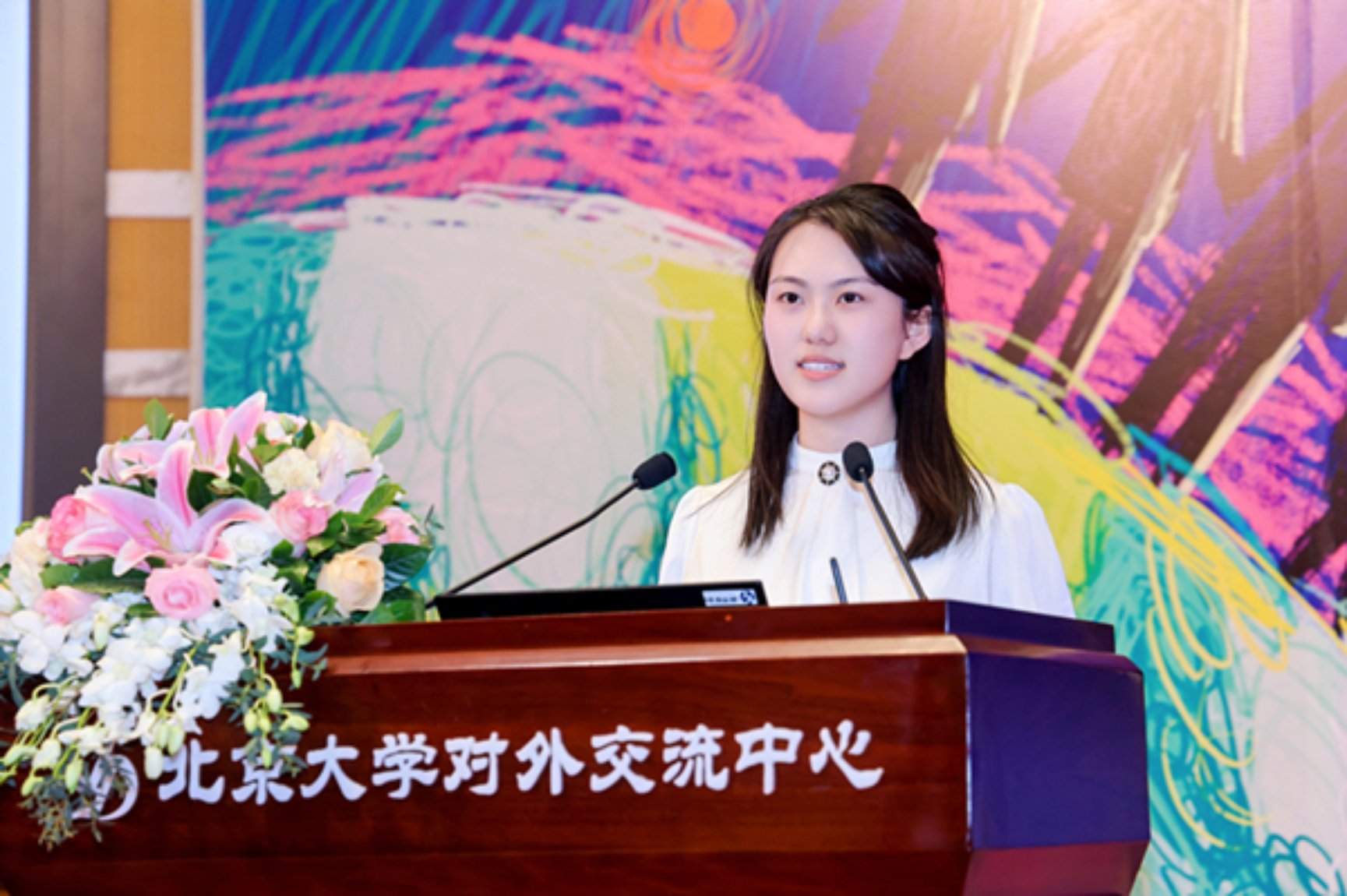
At the end of the forum, Zhou Jingbo, Vice President of China Funeral Association, read out the ‘2025 Peking University Qingming Forum Consensus’. The Consensus states that "Life is dignified. Whether it is the moment of clinical death, the final act of organ donation, or the whole process of funeral memorial, grief and comfort should be, and must be, solemn and sacred. Death is an integral part of life, and the dignity of life implies the dignity of death. Dignity in death is not only a concept, but also an action, a norm and an institution’.
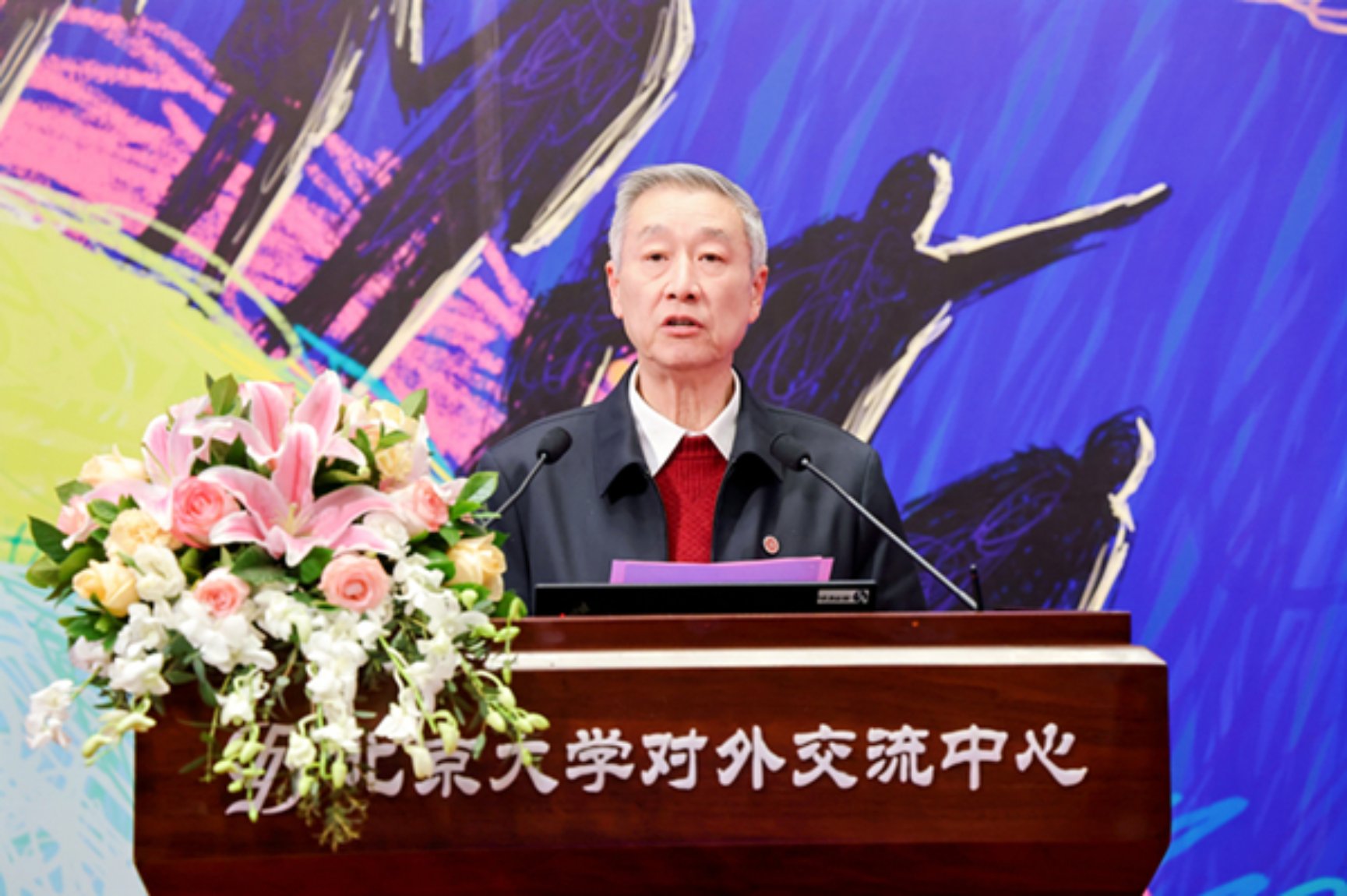
About Peking University Qingming Forum
Peking University Qingming Forum is a public and academic platform for life culture discussion on the themes of life, aging, death, and remembrance, which has gained widespread social attention and praise. Taking advantage of the special atmosphere of Qingming Festival, the forum discusses topics such as death counselling, death care, medical-funeral integration, life education and death aesthetics, etc. Its mission is to dismantle cultural taboos surrounding mortality, enrich the nation's spiritual landscape, and foster mutual peace between the living and the deceased. The forum brought together a group of outstanding experts, scholars and media personnel, including Han Qide, Vice Chairman of the 12th CPPCC National Committee and Academician of the Chinese Academy of Sciences; Zhou Cheng and Guo Liping, two Deans of the School of Health Humanities of Peking University; Ge Jianxiong, a senior professor at Fudan University and a famous scholar; Luo Diandian, Director General of Beijing Living Will Promotion Association; Ling Feng, member of the National Committee of the Chinese People's Political Consultative Conference and famous expert of Capital Medical University;Gu Jin, Director of Peking University Shougang Hospital; Wang Yifang, Wang Yue, Cong Yali, professors of School of Health Humanities of Peking University, CCTV hosts Jing Yidan and Bai Yansong; Fan Deng, founder of Fanshu APP; Ye Tan, economic commentator; Jia Xingjia, editor-in-chief of Dedao APP; and Fan Shiguang, director of documentary Once Upon A Life. The forum discusses in depth about the respect for life and the care for death from the perspective of humanistic care, with the aim of providing new concepts and guidance on the education of life and the care for death in contemporary Chinese society.
The forum has been held for seven times, attracting nearly 2,500 onsite participants and over 600,000 online viewers. In the future, Peking University Qingming Forum will continue to be held with the support of all sectors of the society, and will continue to operate across borders, regions and disciplines.


